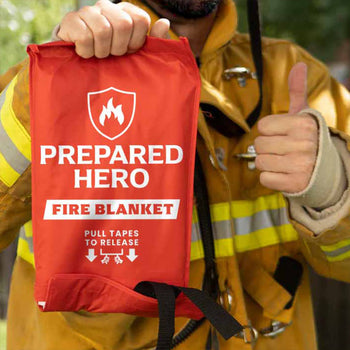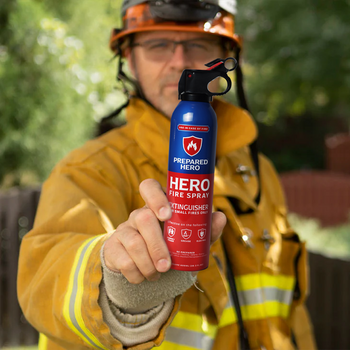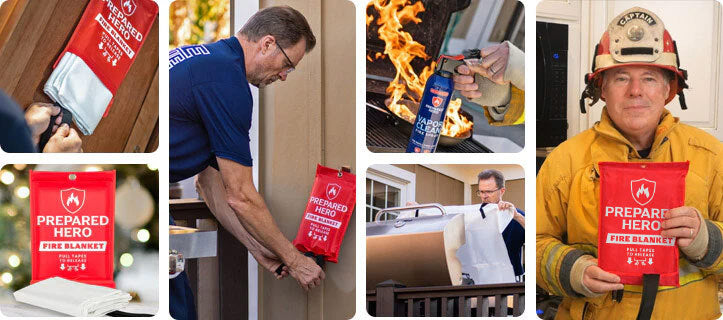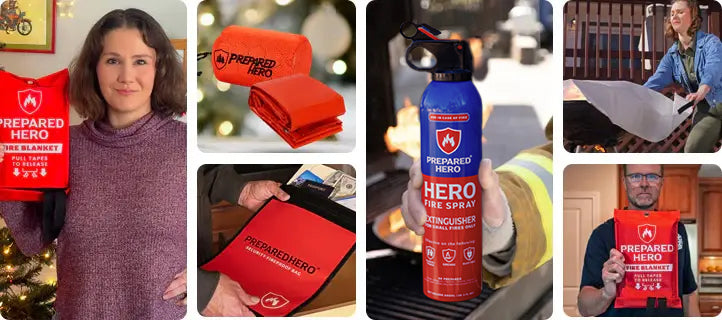Where you put your smoke detectors matters just as much as installing them. Proper placement makes sure they can detect...
Homes are burning up faster and faster these days due to flammable building materials, like plastics and adhesives. It often takes about three minutes for an entire room to reach the temperature of combustion (a.k.a. flashover). And, unfortunately, about four minutes for the average Fire Department to arrive.
According to the National Fire Protection Association (NFPA) data, house fires are most common during the cooler months. More people are at home running heating units, cooking, and using electronics from November to March. As a result, more than half of home structure fire deaths occur during this time.
Temperatures are starting to drop, and the holidays are right around the corner. Your family needs a fire escape plan to stay safe!
House Fire Escape Plan Essentials
Here’s what you need to create a house fire escape plan:
1. Smoke Alarms

Smoke alarms are your first line of defense against house fires. Install an alarm in every bedroom, outside each bedroom, and in every common area. Install smoke alarms in attics, basements, garages, and on every floor of the home. All alarms should be interconnected, so they all sound together.
2. Emergency Kit
Your emergency kit should (at the very least) have your most important documents, prescription medication, non-perishable food (including baby formula if you have an infant), water, a first-aid kit, important contact information, cell phone chargers, a portable battery pack, and a flashlight. Keep the kit somewhere safe yet easily accessible.
3. Designated Roles

Every adult should have a specific role in your house fire escape plan. For example, one person is responsible for the kids, and another is responsible for the animals. Also, determine who will grab the emergency kit and bring it to your safe meeting location.
4. Check Escape Routes

Inspect every exit and possible escape route. Are the doors and windows easy to open? Can you get from the top floor to the ground safely if you have to exit through a window? If you have security bars on the window, they should have an emergency release option. Install emergency rope ladders near second-floor windows and ensure kids know how to use them.
5. Meeting Location
Have an agreed-upon, safe meeting location in the event that your family is separated when the fire breaks out. It should be somewhere close enough to walk but far enough that the fire won’t reach. A fire in your home could spread to your neighbors! Your meeting place might be a nearby store, park, restaurant, etc.
6. Practice

A thorough fire escape plan won’t help if your family doesn’t remember what to do! Call a house meeting and make sure everyone can get through escape routes (with babies and animals), has their defined roles, understands where to meet, and knows important phone numbers. Be sure to check the batteries in your emergency kit and smoke alarms, too.
Make your fire escape plan even stronger with Prepared Hero products, like our Emergency Fire Blanket and handheld Defense Alarm! Visit our website for more life-saving devices.


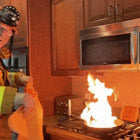 Fire
Fire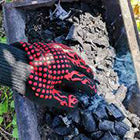 Safety
Safety Survival
Survival Protection
Protection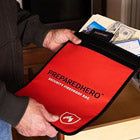 New
New Scouting America
Scouting America
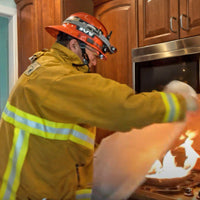 Fire
Fire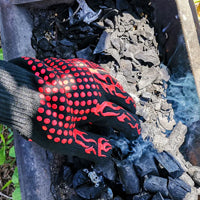 Safety
Safety Survival
Survival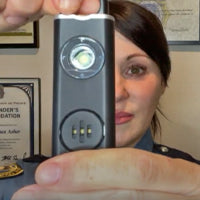 Protection
Protection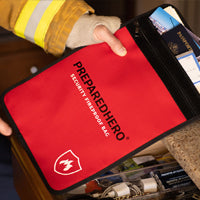 New
New
